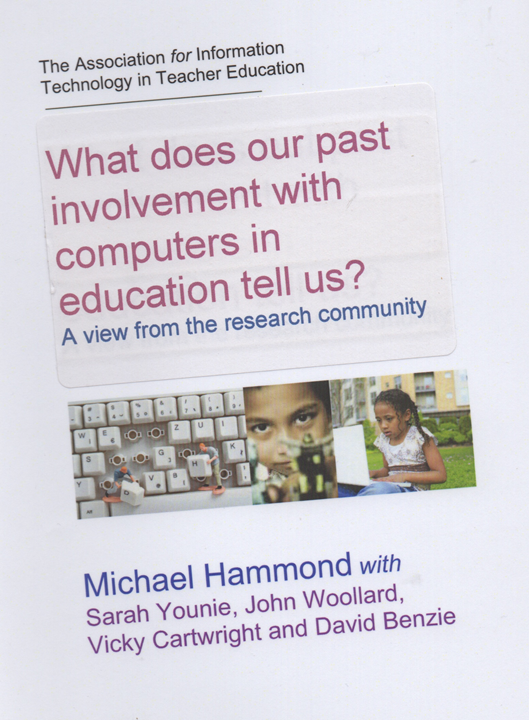Latest Insights into the Digital technology, learner identities and school-to-work transition project by Michaela Brockmann.
We are an interdisciplinary working group at the Work Futures Research Centre at Southampton University. Funded through SIRDF (Strategic Interdisciplinary Research Development Fund), our aim is to explore the role of digital technology in the formation of learner identities and in school-to-work transitions. The project runs from February to December 2013.
In the context of rapid technological innovation, it is understood that digital skills are of increasing significance in education and employment and, in turn, for national economic performance (e.g. BIS 2009).
 Despite this, there is a debate about how to educate a digitally literate workforce. The British government has announced a thorough overhaul of the secondary school curriculum for IT, whilst there is concern across Europe (and beyond) that school leavers do not have the appropriate skills either for paid work or higher education. Many countries report shortages of highly skilled IT professionals.
Despite this, there is a debate about how to educate a digitally literate workforce. The British government has announced a thorough overhaul of the secondary school curriculum for IT, whilst there is concern across Europe (and beyond) that school leavers do not have the appropriate skills either for paid work or higher education. Many countries report shortages of highly skilled IT professionals.
Attention to this area has been divided between those who focus on how digital technologies are (or are not) used to deliver education and those concerned with the content of secondary school education for digital skills. There is a gap between our understanding of how students learn with digital technologies and what they learn about these technologies. This project aims to begin a dialogue to overcome this separation.
The project has an international perspective, focussing initially on Germany and the UK. These countries provide an excellent point of comparison, as they face seemingly similar issues but are different in context and structure, particularly regarding vocational education.
Questions include:
- How does digital technology (inside and outside school) shape young people’s learning, their learner dispositions and identities?
- How does the students’ informal learning of technology feed into the formal school context (is it encouraged or impeded)?
- How does digital technology translate into post-compulsory education career choices?
 As part of the project, we are hosting a series of seminars, each on a particular theme, with invited scholars and practitioners in order to explore relevant issues and concepts in this area of research. Details on the seminar series can be found here http://blog.soton.ac.uk/wfrc/
As part of the project, we are hosting a series of seminars, each on a particular theme, with invited scholars and practitioners in order to explore relevant issues and concepts in this area of research. Details on the seminar series can be found here http://blog.soton.ac.uk/wfrc/
The working group is composed of academics from a range of disciplines, including members of the Education School (Dr Michaela Brockmann, Professor Alison Fuller), the School of Social Sciences (Professors Susan Halford and Pauline Leonard), and the School of Health Sciences (Professor Catherine Pope). The members are all part of the Work Futures Research Centre (WFRC), which draws itself on a range of disciplines including Sociology, Psychology and Physical and Applied Sciences and already has a large portfolio of research on the digital economy.
The research focus requires an interdisciplinary approach, concerned as it is with identity formation and learning careers, and the role of class, gender and ethnicity (sociology/sociology of education); with the structure and content of education and further education settings and the teaching and learning within these (education); and, in particular, the role of digital technology in learning.
